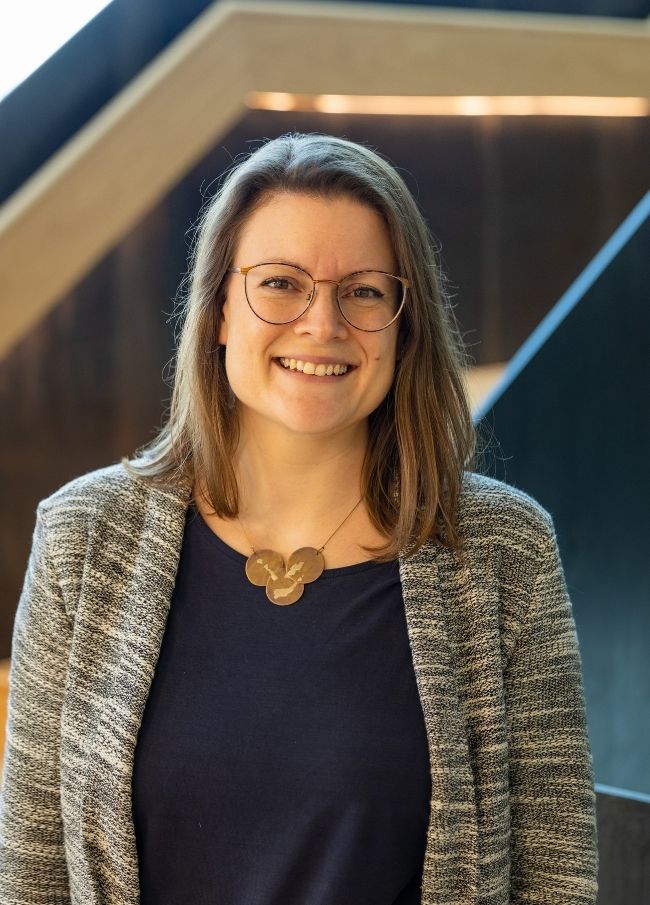About me
CRUK Career Establishment Award
2019 -
Present
Hon. Lecturer (Imperial College London)
2019 -
Present
Programme Leader Track (MRC LMS)
2013 -
2019
Postdoctoral Research Fellow (Francis Crick Institute)
2011 -
2013
Postdoctoral Research Fellow (MRC LMB)
2007 -
2011
PhD (MRC LMB)
2004 -
2007
Research focus:
We are interested in transporters - these are proteins which are found within cellular membranes that regulate the passage of small molecules, such as metabolites and drugs, into and out of cells. Our aim is to understand the roles of transporters in cancer metabolism, and how this intersects with their role in drug uptake.
Joined LMS:
2019
About me:
I love the idea of explaining the unexplained, and so trying to tackle why cancer drugs work for some and not others is a perfect question for me. I particularly enjoy tackling this with enthusiastic group members and collaborators – teamwork makes the job all the more satisfying. When not in the lab, I love music and food, and am a particular fan of festivals where I can combine the two.
My awards and achievements:
CRUK Career Establishment Awardee
Impact of my work:
We think that by understanding how transporters influence drug uptake into cells, we can determine whether they impact how patients respond to chemotherapy. Eventually, we hope to be able to look at the 'transporter signature' of a patient's tumour to help to tailor therapeutic approaches in a more personalised way.



